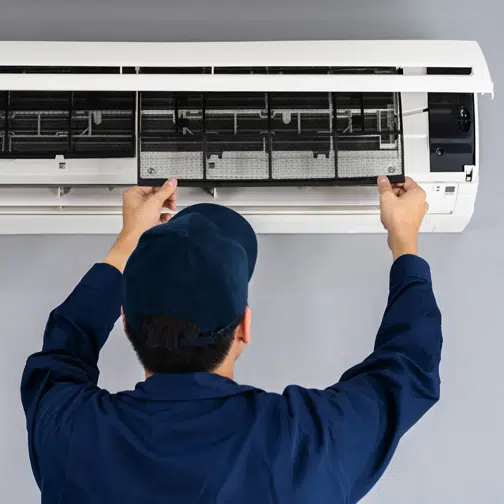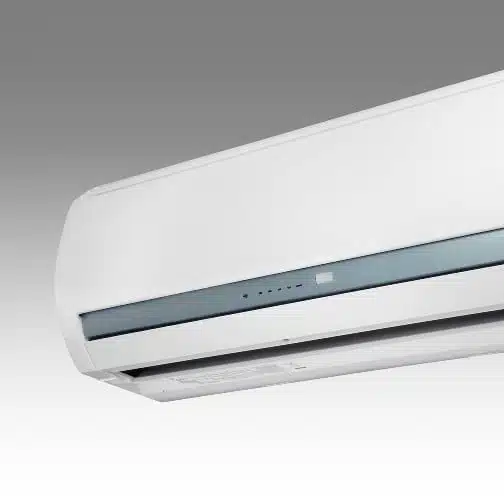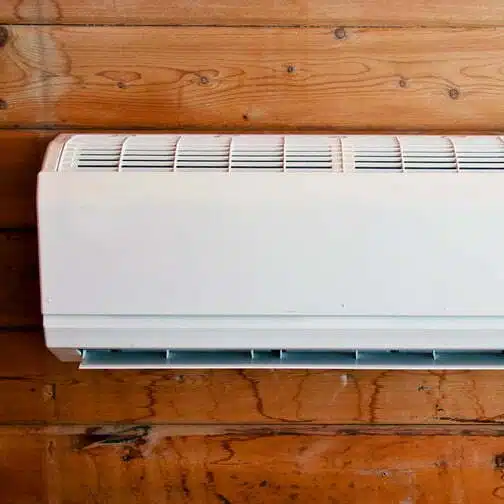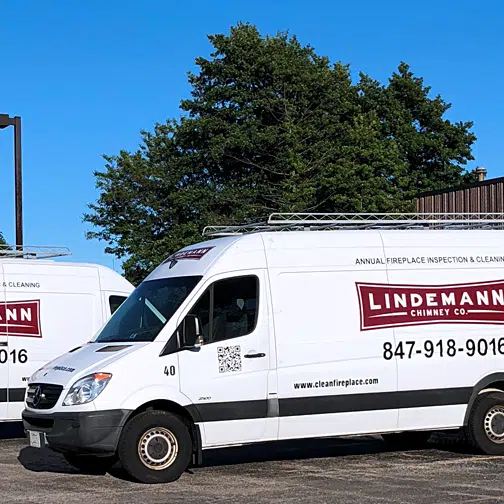Alternative AC Systems
Ductless & Mini-Split Systems
When it comes to home heating and cooling, a ductless mini-split system can be the perfect fit. Schedule your consultation today with one of our technicians.
Schedule Appointment
A Service Company You Can Trust
The Benefits
Benefits Of Mini-Split Ductless Systems
There are several benefits of mini-split ductless systems that make them a better option over traditional HVAC systems. Here are some of the benefits of mini-split ductless systems when compared to traditional systems.








